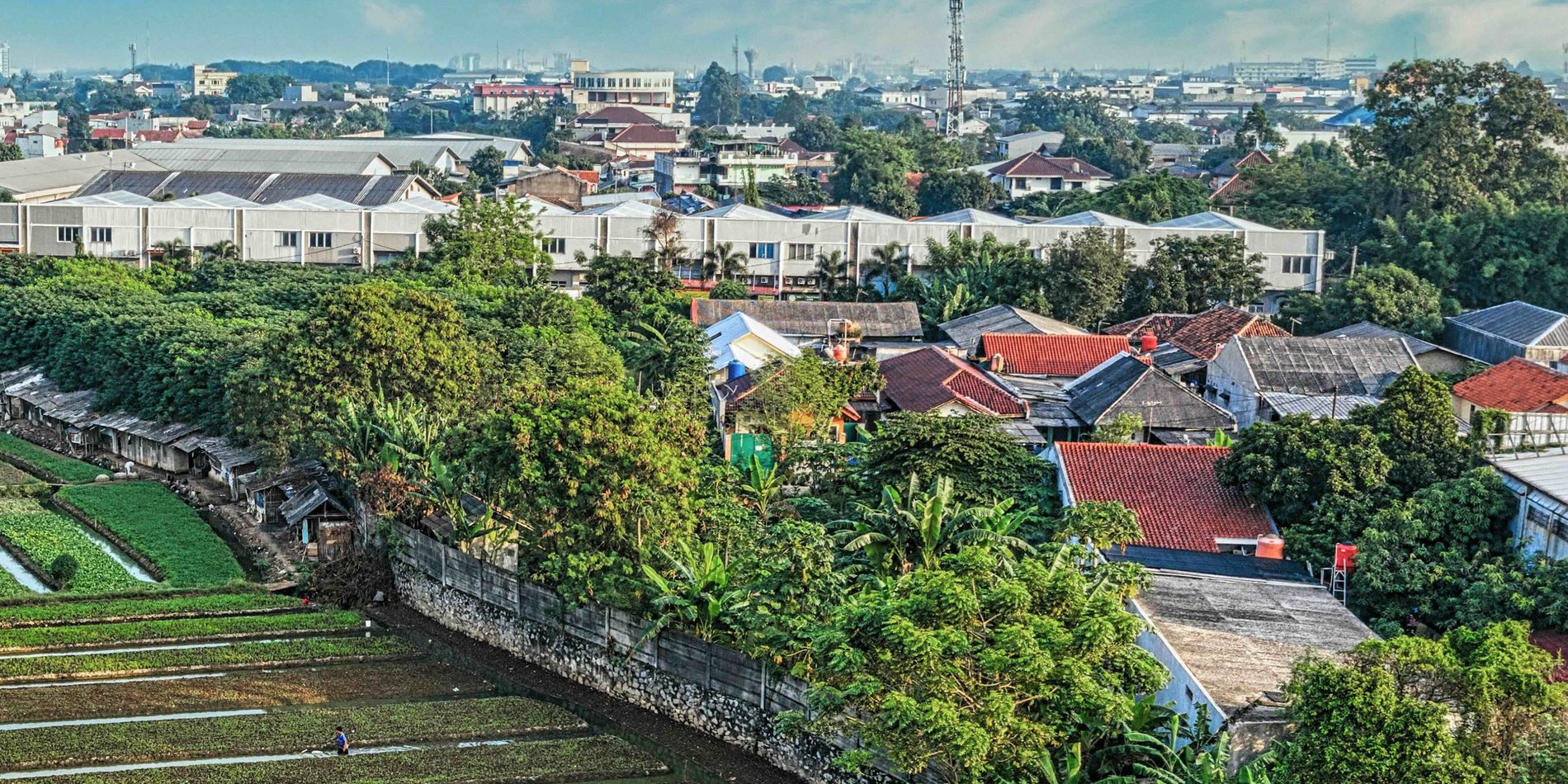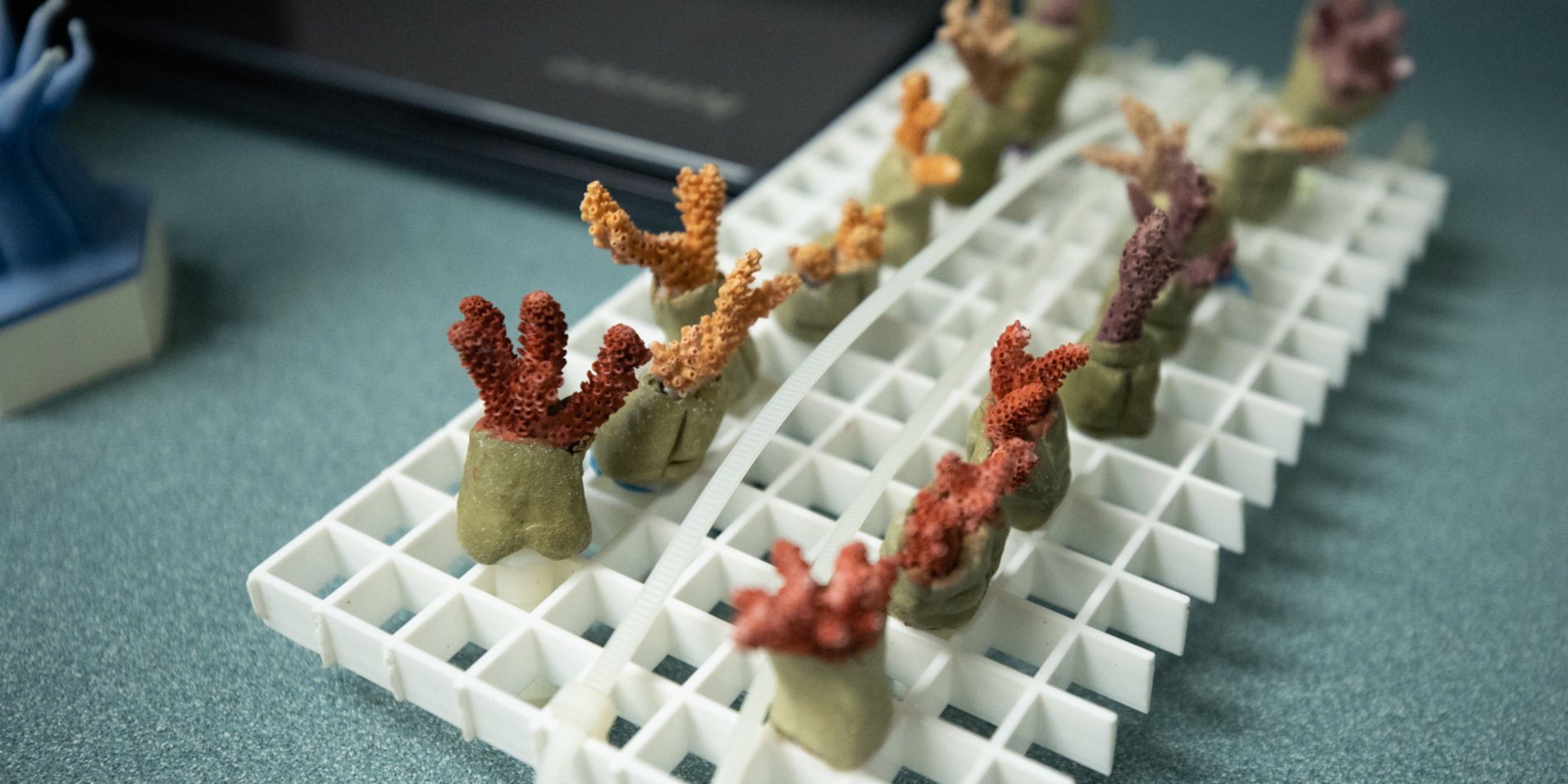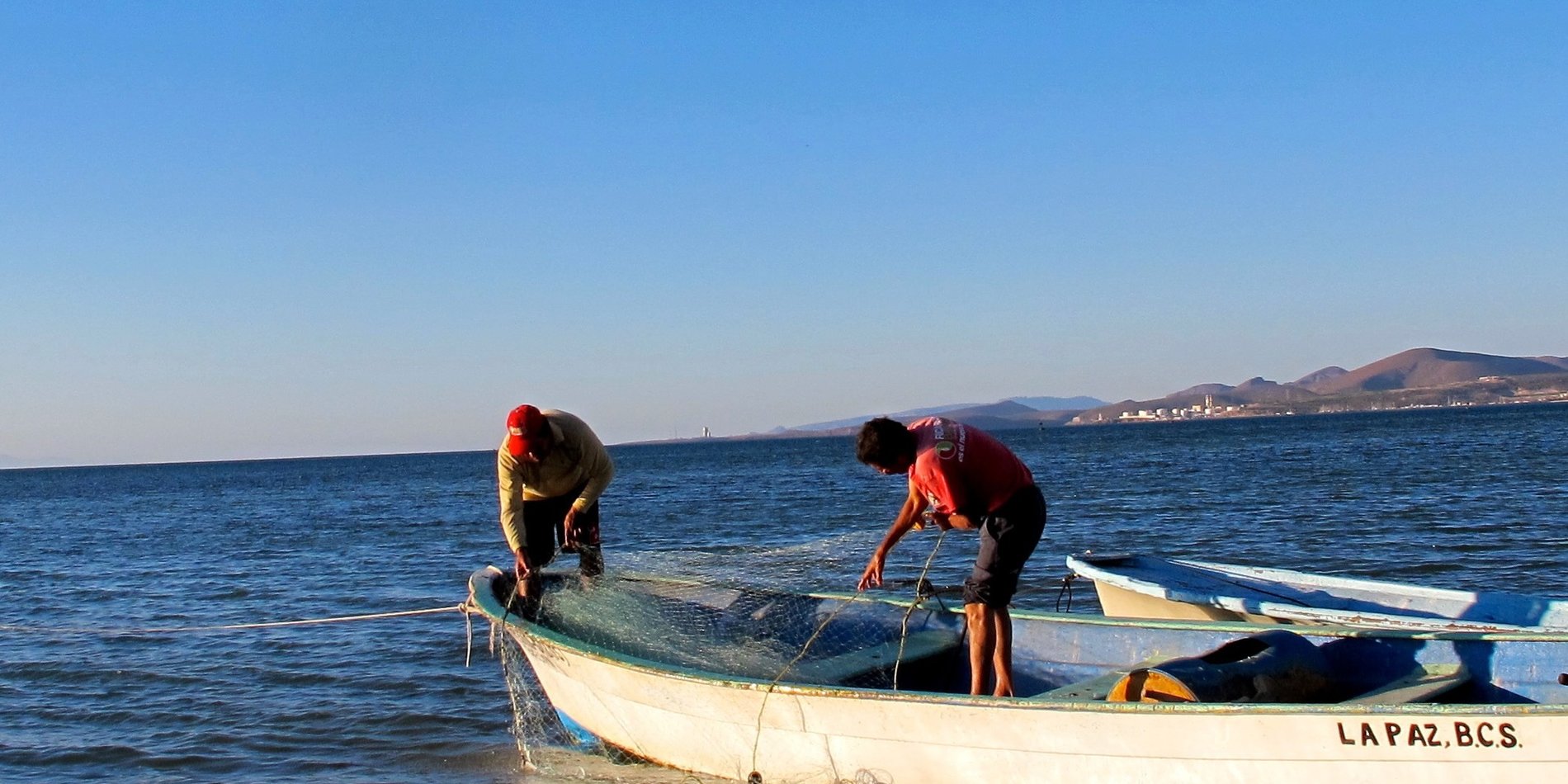Prawn predation, a win-win in the fight against poverty and parasites
Restoring ecological interactions may hold the key to poverty alleviation and disease reduction in Sub-Saharan Africa, a new study finds. The research, published in Nature Sustainability, examines the ability of two river prawn species to consume and eliminate snails found to be intermediate hosts to the parasitic disease schistosomiasis. Second only to malaria in devastating parasitic illnesses, approximately 200 million people worldwide are afflicted. Known as a disease of poverty – poor sanitation, hygiene and lack of access to safe water facilitates transmission of the parasite.
“Integration of prawn aquaculture in rice agriculture offers to increase revenues for farmers and at the same time reduce risk of infection with schistosomiasis in one of the most important transmission sites – a win-win, wealth generating, ecological solution to improve both health and food security,” said co-author Giulio De Leo, faculty director of the Stanford Program for Disease Ecology, Health and the Environment, and senior fellow at the Stanford Woods Institute for the Environment.
Insatiable predators of snails, prawns offer not only a means of population control but also represent a valuable food source. To explore this potential, the research team developed bioeconomic models for prawn production integrated with ecological and epidemiological models to assess the impacts on snail populations and, schistosomiasis transmission and profits. They found small-scale prawn aquaculture to be an effective method of disease control while also a profitable and sustainable method of food production for small-scale fish farmers. These benefits suggest prawn aquaculture, especially in areas with high rates of schistosomiasis transmission, may help break the reinforcing cycle between poverty and disease, improving well-being, food production and economic development in endemic areas.



